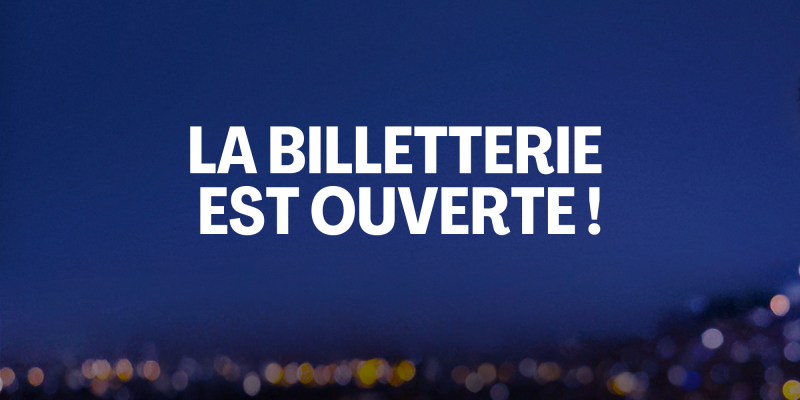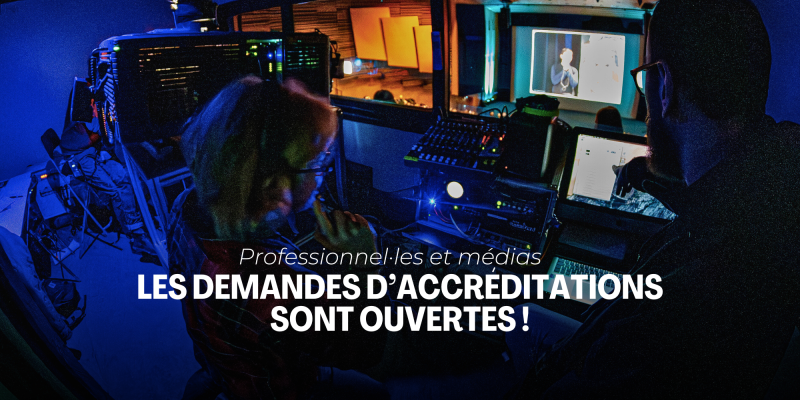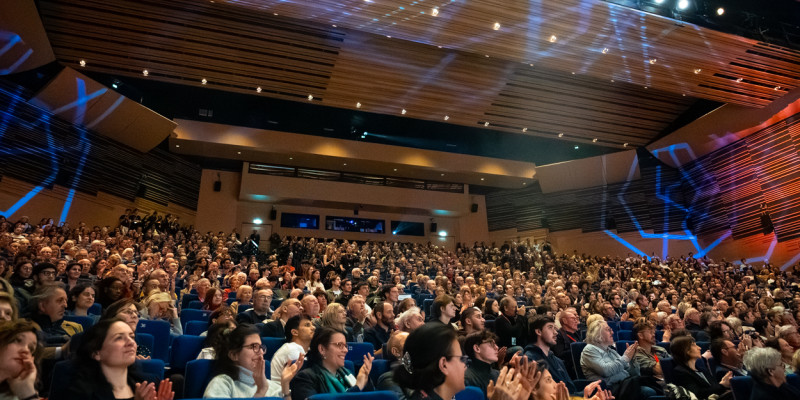News
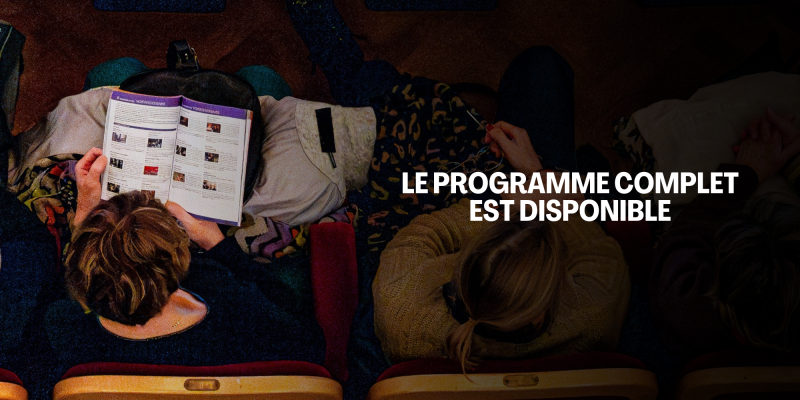
Programme online
See all about the programme and the guests at the 38th edition!
Full programme (in french) | Day-by-day programme (in french)
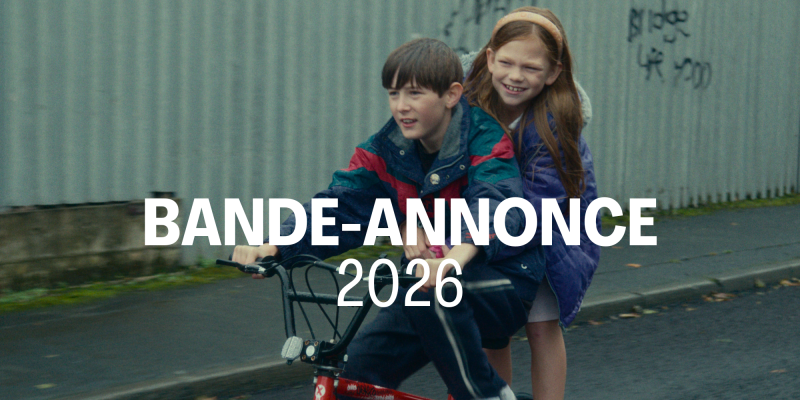
2026 Trailer
Discover the trailer for the 38th edition of the Festival!
The ticket office is now open!
Passes, gift cards, opening and closing nights and the closing party at Le Chabada are now on sale! Visit the Festival ticketing website now!
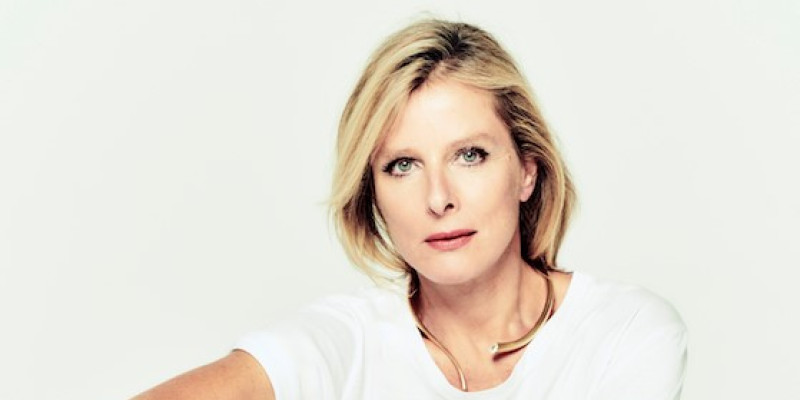
Karin Viard
For reasons beyond her control, Karin Viard will unfortunately be unable to travel to Angers.
The scheduled meeting with her will still take place, but it will be held via live video link following the screening of Une nuit on Tuesday, January 20 at 10 a.m. at the Grand Théâtre.
Jury presidents
Meet all the members of the Feature Film and Short Film juries alongside Thomas Cailley and Iris Kaltenbäck.

2026 Poster
We are delighted to present the poster for the 38th edition of the Festival. It's an adaptation of a photo from Paolo Sorrentino's film The Hand of God.
Poster produced with Transparence
Become an individual patron
Do you share the values of Premiers Plans and want to support the Festival? Become a sponsor and find out more! (in french)
Programming
Loading...

